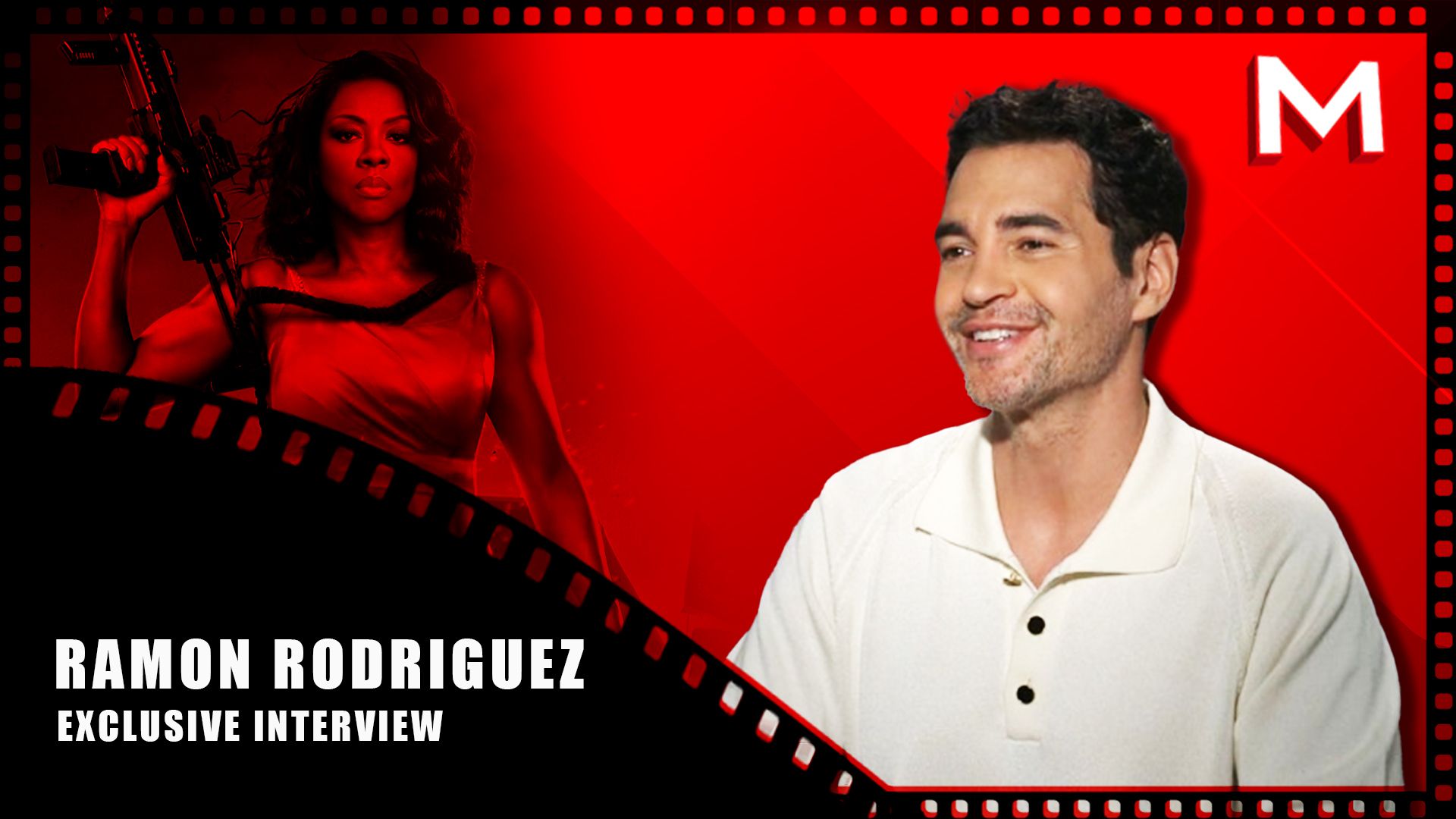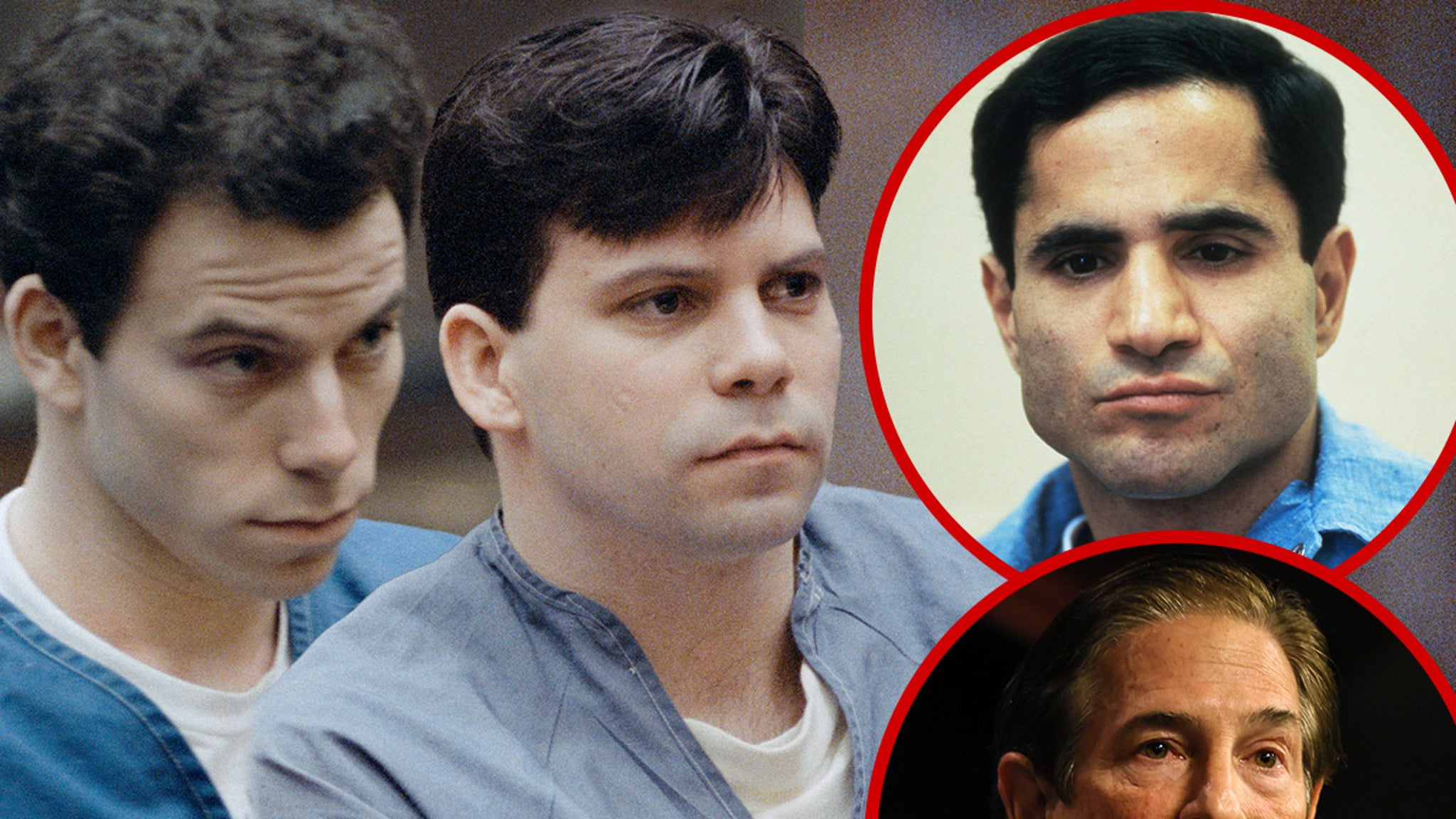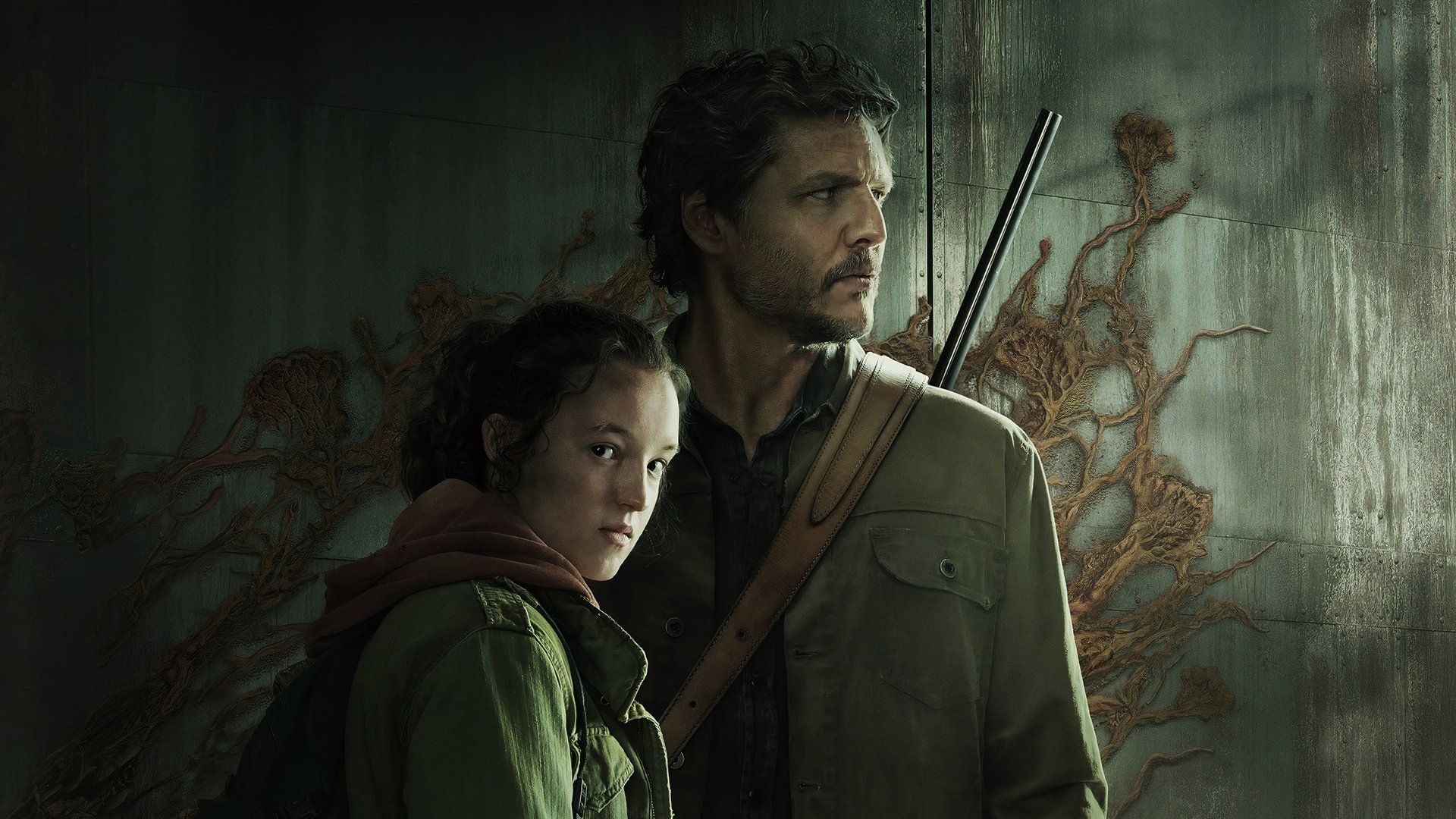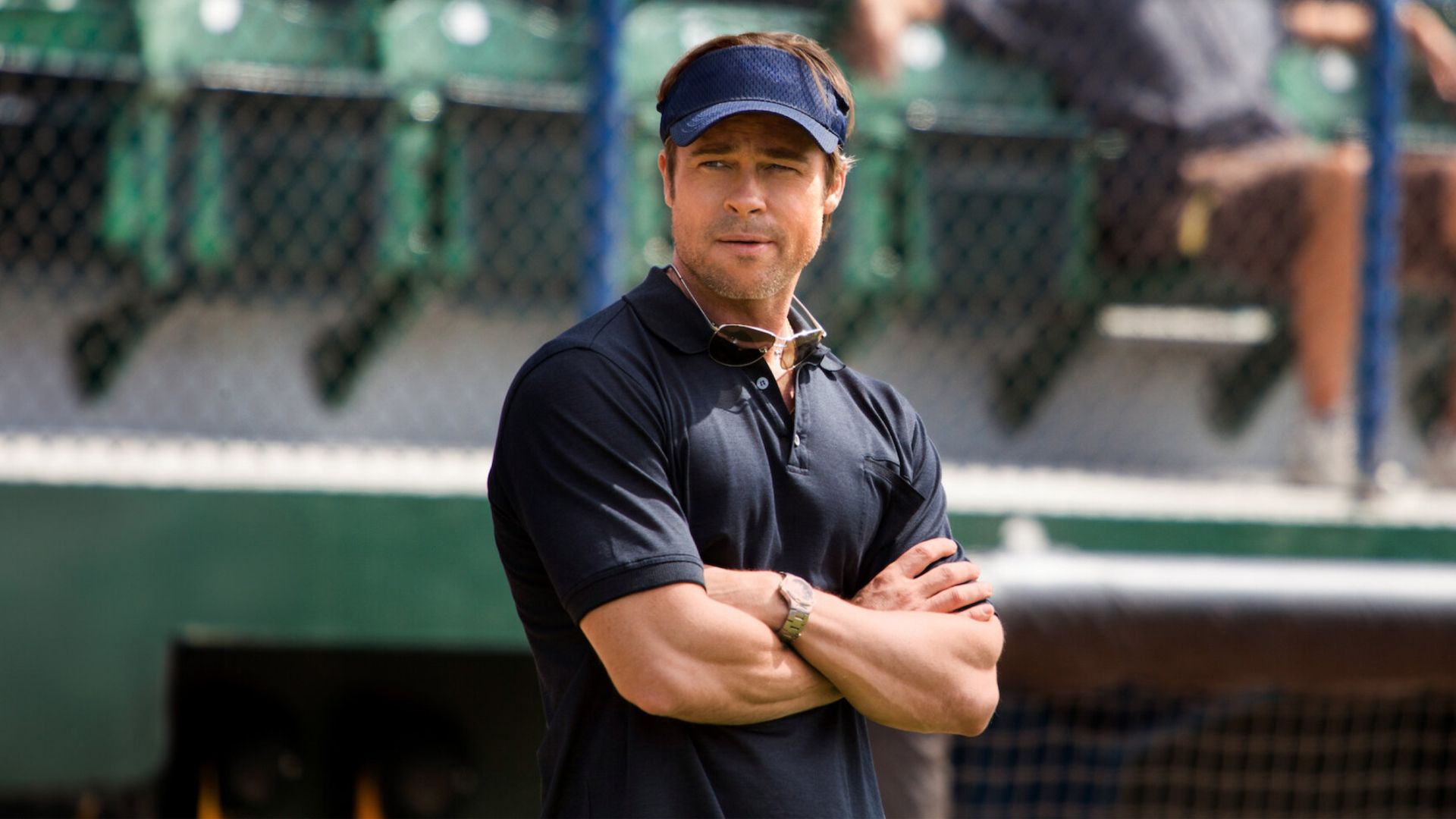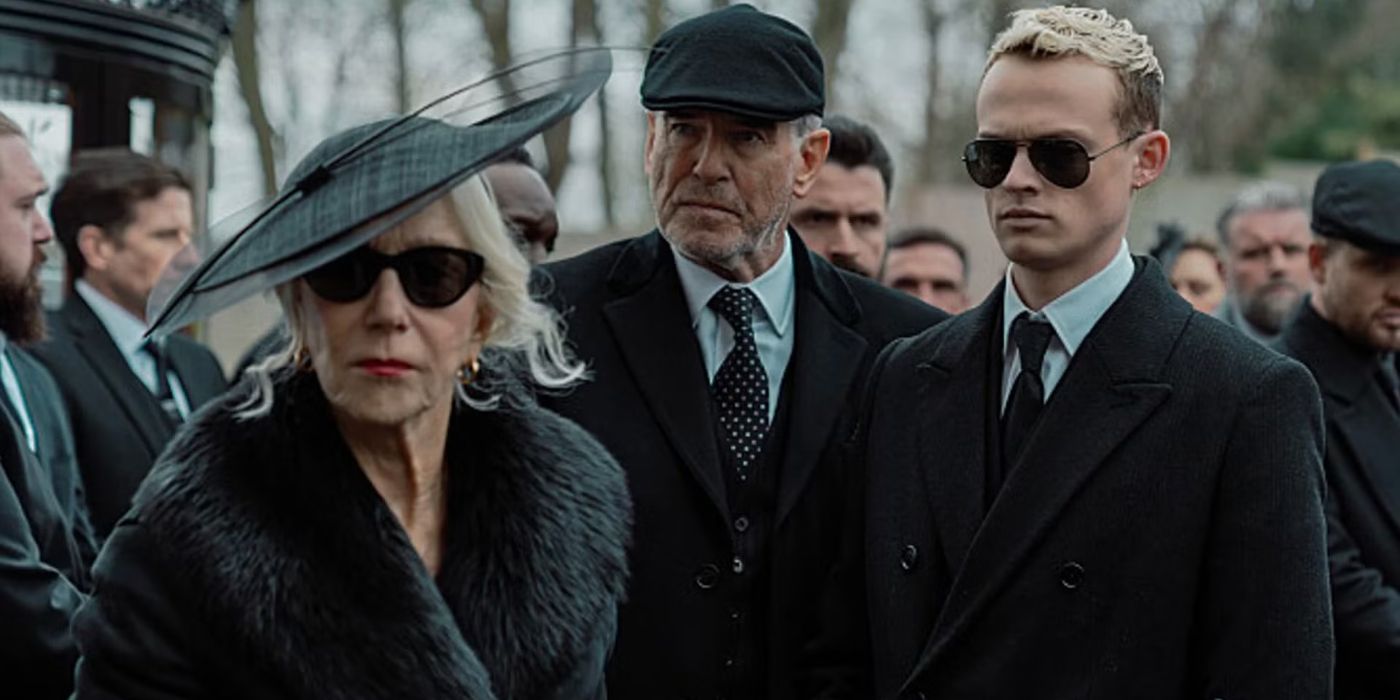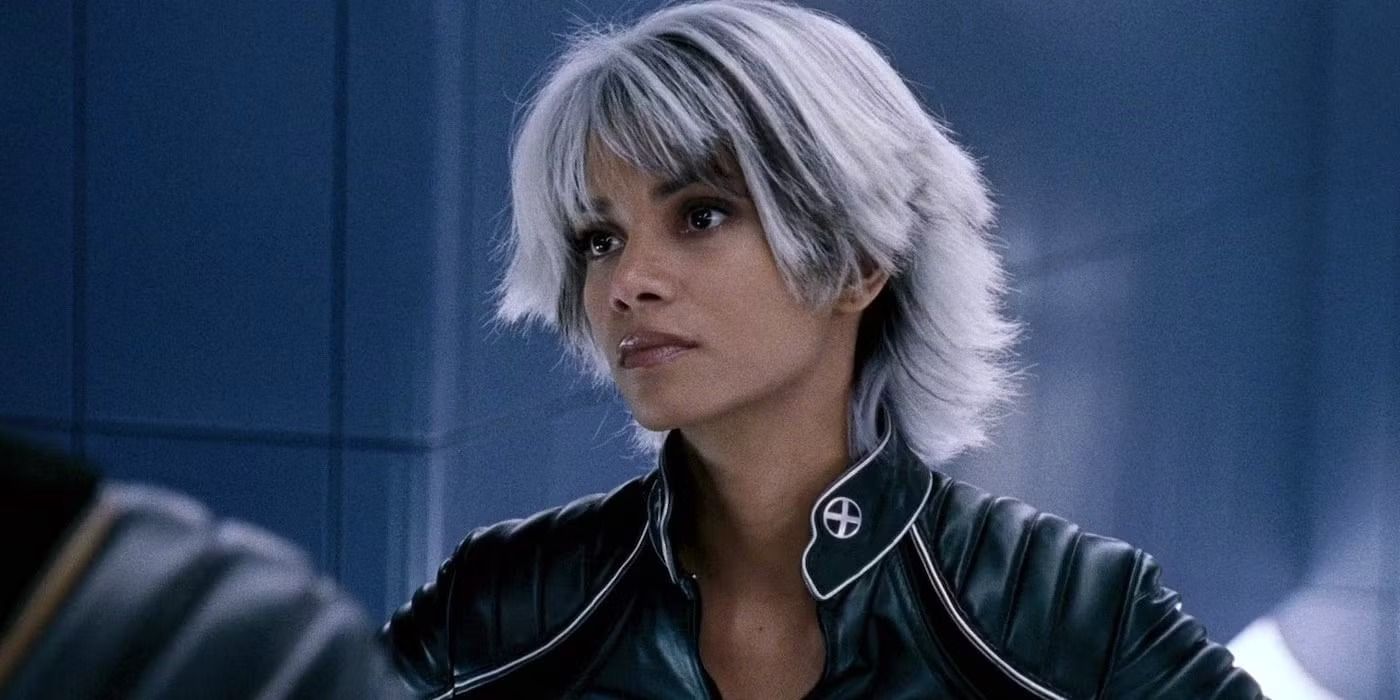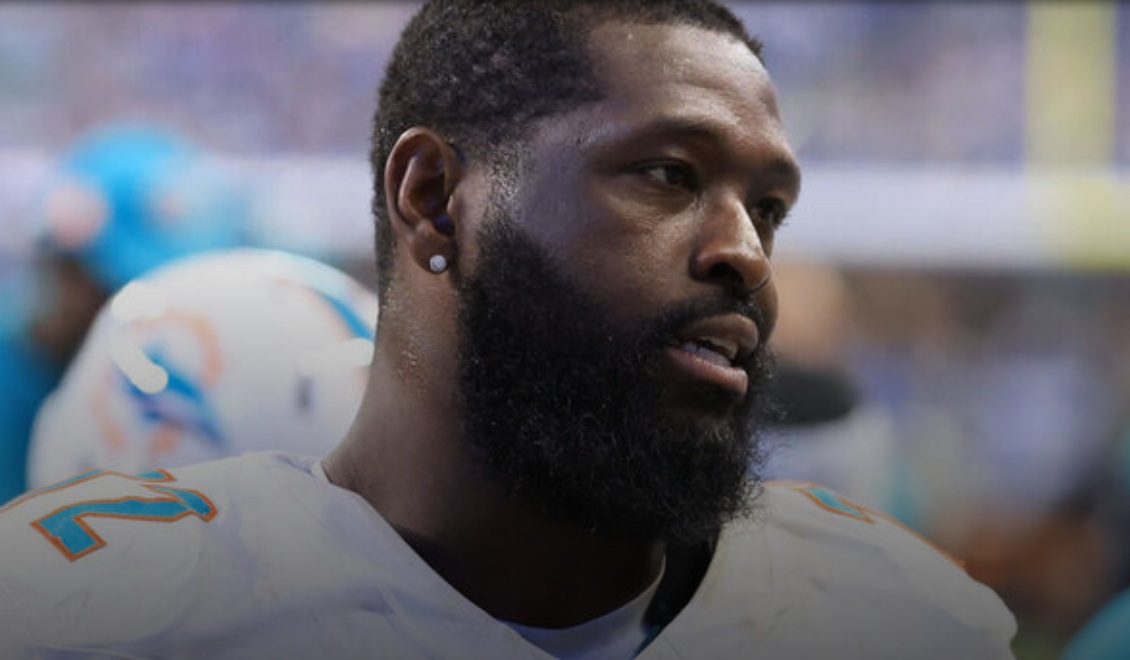That’s a good piece of advice.
I’m gonna write that down myself.
Michael Keaton and Griffin Dunne in “Game 6.”
Could you talk about the challenge of acting in a film where you are also producing?
It was my second time around on that, the first was “After Hours,” which I produced with Amy Robinson. You completely take your head out of the came of being a producer. You don’t think about the budget, you don’t think about the schedule. You trust that the director, which we did, that he will bring it in. When I’m working as an actor I don’t really like to hear about huge production problems. There weren’t many in this that weren’t already anticipated knowing we didn’t have much money. Being a producer-director, after the first week of shooting on “After Hours,” Amy, my partner, came to me and was like, “Can you talk to Marty? He’s shooting so much film. Would you talk to him about shooting less film? Doing less takes?” I said, “You want me to ask him if he would shoot me less? You think I’m actually going to say, ‘Marty, could you not shoot me so much?’” and she went, “Nevermind.”
I’m not much of a sports person and a big theme in “Game 6” is the agony of being a life-long fan of one team. What do you think is so compelling about being a lifelong fan of one team?
I have to tell you, I’m not either. I have too many other things to worry about than investing real despair and joy in the fate of another team that’s out of my control. I don’t have a gambling addiction for that very reason either. I don’t really understand it, but I have so many friends who do. I’m also quite baffled by how the turn out of a game by their team will reflect on their mood and their outlook for days to come following. But I do know that it makes for a rich character. Michael Keaton understood that as an actor, and you don’t have to be that way to understand that as an actor, when there’s something you really, really care about. I was one of the New Yorkers who remembered the game six of the World Series, you couldn’t help it, but I moved on. For many people, you would have thought Bill Buckner had stolen a ton of atomic secrets against the United States or something the way total strangers reacted.
According to Box Office Mojo, the film at its widest played in 15 theaters and as of last year The Ringer reported it was not available streaming. Could you talk a bit about its distribution history?
It was incited by that article and how it made a lot of people want to see this movie. It has become even more relevant I think as the years have gone by. At the time, it showed at the Sundance Film Festival, to a very good reception, but didn’t make a huge sale. It had a small but enthusiastic distribution team that could only get so far with it with whatever limited funds they had. In the meantime, now there are entirely new ways to see movies.
You can view the original article HERE.

